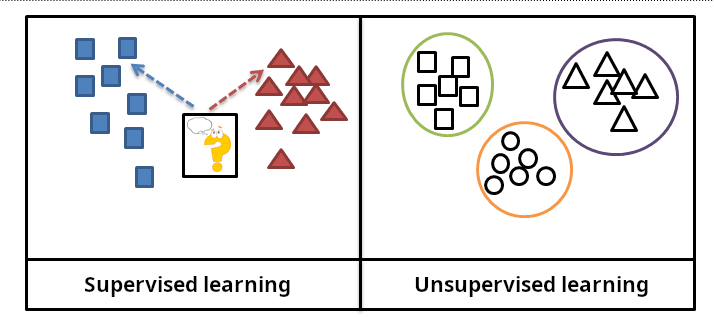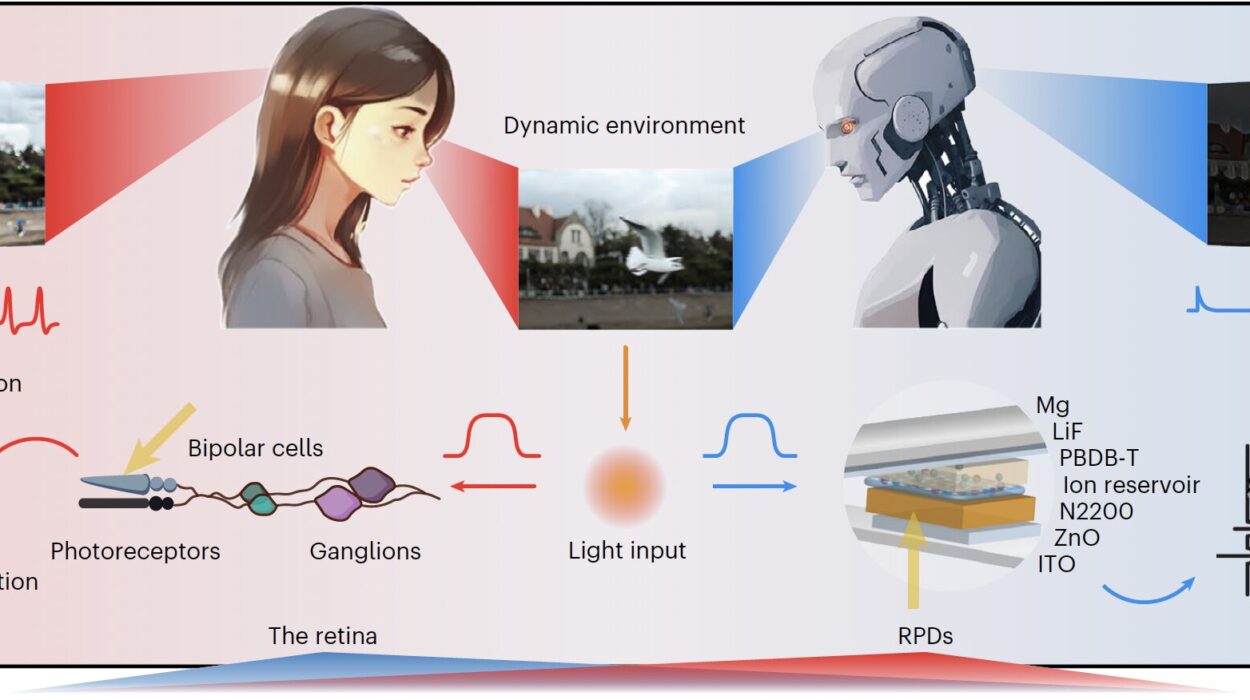The air smells different now. In some places, the smoke never really leaves. Forests that stood for centuries now lie in charred silence. Glaciers that once groaned under their own weight vanish like breath on a mirror. The oceans are rising—not just in height, but in fury. And every year, the numbers inch higher: carbon, methane, sea levels, temperature, and the cost of pretending it’s not happening.
We are living through a slow-motion emergency. But unlike a war or a pandemic, this crisis doesn’t explode—it smolders. It creeps. And by the time it feels immediate, it may already be too late.
Climate change is not tomorrow’s problem. It’s today’s catastrophe. And so the question lingers in every political summit, every smoky conference hall, every article like this one: can we still stop this? Or has the Earth already slipped past the tipping point?
Some say the answer lies in global cooperation. Others put their faith in behavior change. But increasingly, the world turns its eyes toward technology—not just as the villain of this story, but as its possible savior. Could the same force that gave us coal plants and plastic oceans also invent the tools to undo the damage?
Experts have weighed in. Engineers, climatologists, economists, and visionaries have debated and warned and dared to hope. This is what they say.
The Paradox of Progress
We are a species addicted to progress. The same brilliant minds that split the atom, charted the stars, and created artificial intelligence also dug up coal, drilled oil, and turned atmospheric carbon into a gas chamber for our planet. Technology is not inherently good or evil—it amplifies what we already are. And in the 20th century, we used it to build a civilization dependent on fossil fuels.
The paradox is tragic: we invented our way into this crisis. Now we want to invent our way out.
But hope is not naïve. It’s informed. Because around the world, technology is already transforming the fight against climate change. Solar panels now generate power in deserts and on rooftops from Dhaka to Denver. Wind turbines spin across plains that once only grew corn. Smart thermostats, electric cars, carbon-sucking machines, and meat grown in labs are no longer science fiction.
Still, the path forward is neither smooth nor guaranteed. For every breakthrough, there is a cost. For every solution, an unintended consequence. The question isn’t just “Can we?” It’s also “Should we?” And more urgently, “Will we fast enough?”
The Energy Revolution: Lighting the Way with Cleaner Power
One of the clearest battlefronts in the climate war is energy. For centuries, we burned whatever we could to make light, heat, motion, and money. Coal, oil, and gas lifted billions out of poverty, but they also poisoned the air and unbalanced the planet’s thermostat. If we are to survive, we must rewrite our entire energy system—and fast.
Here, technology gives us more than hope; it gives us blueprints. Solar and wind power, once prohibitively expensive, are now the cheapest sources of energy in many parts of the world. A single hour of sunlight striking Earth contains enough energy to power every human activity for a year. The challenge has never been potential; it’s been how to harness it.
Experts point to massive leaps in photovoltaic efficiency, offshore wind design, and energy storage. Lithium-ion batteries, supercapacitors, and flow batteries are evolving rapidly, enabling the storage of intermittent renewable power. In places like California and parts of Europe, renewable energy already outpaces fossil fuel generation on many days.
Dr. Leah Stokes, a political scientist and energy policy expert at UC Santa Barbara, argues that “the technology to decarbonize our grid already exists—we just need to deploy it at scale.” The obstacle, she says, is not science but politics, inertia, and the influence of fossil fuel interests.
And then there’s nuclear.
Long feared, often misunderstood, nuclear energy remains one of the most controversial tools in the climate arsenal. Modern “small modular reactors” and next-gen fusion concepts promise vast energy with minimal emissions. But safety, waste, and costs continue to cast long shadows.
Still, if the climate clock is ticking, some experts argue we can’t afford to leave any tool unused.
Carbon Capture: The Great Undo Button?
What if we could vacuum the carbon right out of the air? It sounds fantastical—like reversing time. But carbon capture and storage (CCS) is no longer science fiction. Machines already exist that can pull CO₂ from the atmosphere and store it underground or convert it into rock.
Companies like Climeworks and Carbon Engineering are leading this frontier. Their facilities, though still small-scale, prove the concept: humanity can, in theory, clean up after itself.
But here’s the caveat: scale. To truly impact global temperatures, carbon removal must operate at unimaginable scales—millions of tons per year, not thousands. And it’s expensive, energy-intensive, and controversial.
Critics warn that relying on CCS could be a dangerous crutch, enabling polluters to delay real emissions cuts. “It’s like saying you’re going to drink poison every day, but it’s okay because you have a slow antidote,” says Dr. James Dyke, Earth systems scientist at the University of Exeter.
Still, in a world already locked into some level of warming, carbon removal may not be optional. It may be essential—especially for hard-to-decarbonize industries like cement, steel, and aviation.
Geoengineering: Playing God with the Sky
Imagine giant mirrors in space reflecting sunlight away from Earth. Or fleets of airplanes spraying particles into the stratosphere to dim the sun. This is geoengineering—the radical idea of hacking the planet to cool it down.
It’s as awe-inspiring as it is terrifying.
Solar Radiation Management (SRM) could, in theory, lower global temperatures within years. But the risks are immense: disrupted weather patterns, global inequality, and unknown long-term consequences. Worse, once begun, such interventions might be impossible to stop without sudden catastrophic warming.
Most experts remain deeply cautious. The technology may be feasible, but the governance, ethics, and potential fallout are fraught with danger.
“We’re talking about interventions that could alter monsoon patterns or agricultural systems,” says Dr. Elizabeth Kolbert, Pulitzer Prize-winning environmental journalist. “Who decides? Who’s accountable?”
Still, with every passing year of inaction, geoengineering inches closer from taboo to necessity.
Food, Water, and the Climate-Ready City
Climate isn’t just about carbon. It’s about how we live, what we eat, how we move, and where we build. In this domain, technology is quietly, profoundly rewriting the script.
Take food. Livestock emissions account for nearly 15% of global greenhouse gases. But lab-grown meat and plant-based alternatives are disrupting this legacy. Impossible Foods and Beyond Meat are already on grocery shelves. Cellular agriculture—the growing of real meat without animals—is making astonishing progress. A future burger may have no blood, no slaughter, and no carbon footprint.
Agriculture itself is transforming. AI-driven precision farming, vertical hydroponic towers, drought-resistant crops, and bioengineered soil microbes promise more food with less land, less water, and fewer emissions.
Water, too, is being reinvented. Desalination technologies, solar purification, and smart irrigation are becoming lifelines in drought-prone regions. Climate-ready cities are rising with green rooftops, permeable pavements, and heat-resistant materials.
And then there’s mobility. Electric vehicles are no longer novelties—they are the new normal. Advances in battery chemistry, charging infrastructure, and public transit networks are decarbonizing how we get from here to there.
Yet technology alone cannot fix zoning laws, economic disparities, or poor urban planning. The most climate-ready city isn’t the one with the most sensors—it’s the one where equity, resilience, and community matter.
AI and the Climate Brain
Artificial intelligence is shaping our climate response in subtle but powerful ways. From optimizing power grids to predicting wildfires, AI is becoming the nervous system of a smarter planet.
Machine learning models can analyze vast datasets to detect methane leaks from space, guide reforestation efforts, or help farmers know when to plant. Algorithms are designing better wind turbines, predicting extreme weather, and even modeling climate tipping points.
But AI is a double-edged sword. Training large models consumes vast amounts of energy. Surveillance tech can erode privacy. And automation could exacerbate social inequalities.
Still, the right use of AI—humane, accountable, and sustainable—could make the difference between chaos and coordination in the climate era.
The Human Variable
All the technology in the world cannot save us without human will. The real bottleneck is not silicon or carbon—it’s psychology and politics.
Experts like Dr. Katharine Hayhoe stress that climate communication must move from fear to agency. “People don’t respond well to doom. They respond to solutions, community, and hope.”
There is no silver bullet. The solution is a silver buckshot: dozens of innovations, policies, and behaviors, all working in concert.
And time is of the essence.
Where Hope Meets Urgency
The climate clock is not just ticking—it’s deafening. But so is the chorus of those who refuse to surrender.
Solar panels rise like sunflowers. Engineers refine battery chemistries late into the night. Farmers swap diesel for drones. Students strike. Artists protest. Indigenous communities fight for their lands. Scientists model, measure, and mourn—but they also dream.
The world is waking up, late but not too late.
Can technology solve the climate crisis?
It can help. It can buy time. It can reduce suffering, rebuild cities, and reimagine what it means to live well without ruining the world.
But only if we let it. Only if we govern it wisely. Only if we ensure that innovation doesn’t replace action, but fuels it.
Technology is not a savior.
We are.






